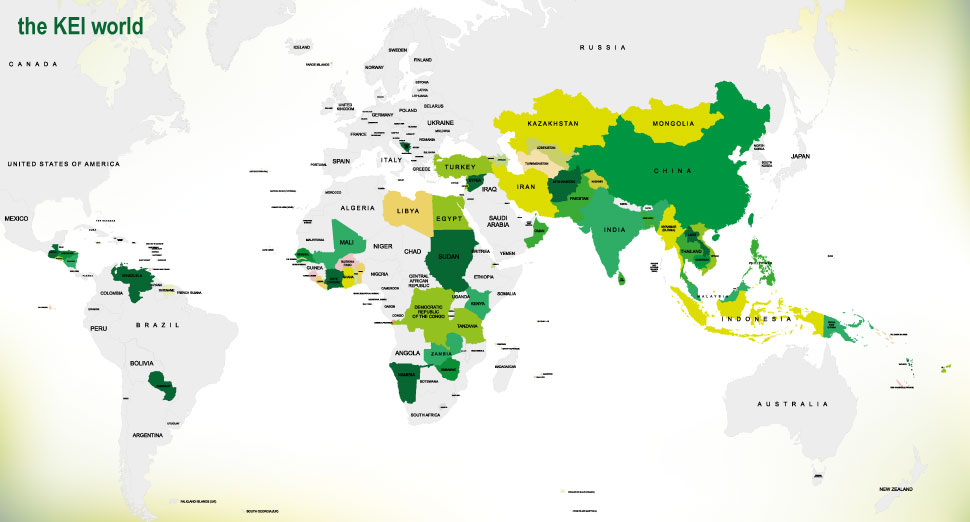The challenge of highway design covers a vast range of skills. In the planning stage, these include demand analysis and forecasting, economic analysis, prioritisation, and budgeting. Route assessment requires topographical, geological and hydrological study, together with the selection of a suitable geometric design.
Social and environmental aspects must be considered such as maintaining access for communities, land acquisition and resettlement planning, and mitigation of impact or avoidance of sensitive locations.
Coordination with bridge designers is required to select crossing locations and fix horizontal and vertical alignment. Interchange layouts and intersection design also affect the alignment selection.
Finally, detailed design is required for earthworks, slope protection and retaining walls, longitudinal and cross-drainage, pavement, safety facilities and signs, traffic signals, facilities, and intelligent transport systems.
The types of highway projects undertaken by KEI range from new road construction to rehabilitation and improvement projects, from urban interchanges to rural roads, and can be in terrain ranging from the highest mountains to broad alluvial deltas.
An example of the work undertaken by KEI is the design review and construction supervision of the National Highway No.5 project in Vietnam. This was the improvement of a four – lane highway of 91km of road between Hanoi and the main port of Hai Phong. The route runs through the Red River Delta and had to overcome difficulties of major river crossings and soft ground.
In Grenada, KEI worked with the government to prepare a study for a comprehensive evaluation of the island’s future transport demands. The project was funded by JICA, and endeavoured to promote participation of women in the decision making process, through a 3-phase gender and development campaign. Under the three phases, efforts were made in awareness building, providing of opportunities for participation, and ensuring sustainability of development.
In the Philippines, KEI worked with the government to address the progressive deterioration of pavements, and bridges on the national highways, particularly the country’s trunk road which runs from north to south, also known as the Pan-Philippine Highway. A Rehabilitation plan was prepared, and implemented with special designs of rehabilitation, bridges, slope protection, and other related works.





